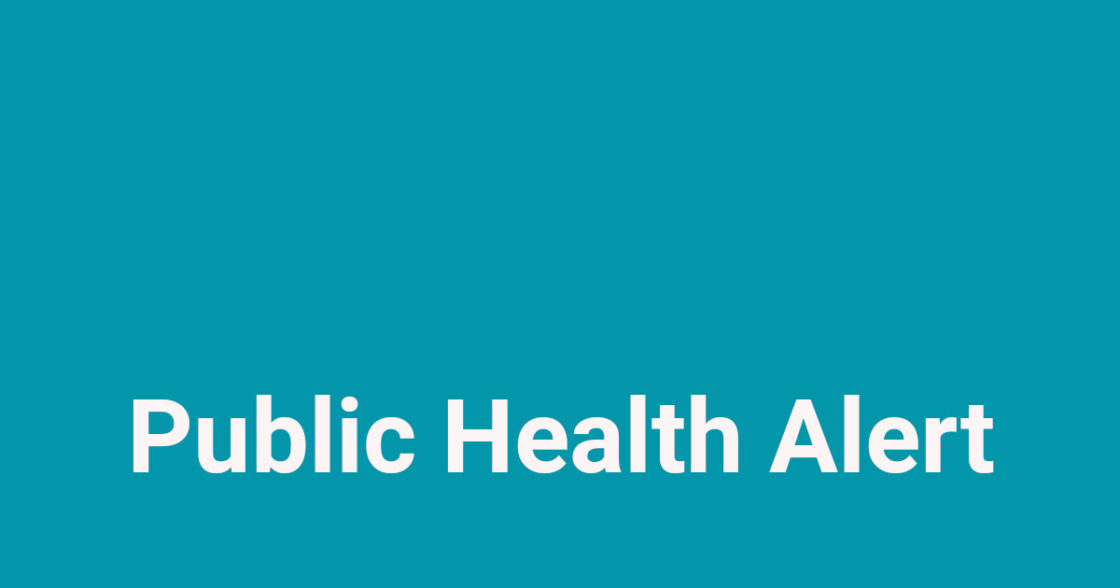As heavy rain continues to fall intermittently, with surface flooding and dangerously high rivers in multiple parts of Canterbury. According to the NZ MetService, slips and floodwaters are likely to continue to disrupt travel over the next 48 hours, making some roads impassable. King tides are expected over the next few days which may exacerbate surface flooding issues in coastal areas.
Information on the most affected areas and other excellent and frequently-updated information can be found on CCC’s Newsline -flooding affecting parts of Christchurch and Banks Peninsula.
Emergency services, hospital/health centres and appointments
- If you require emergency care, do as you normally would – the 111 service and ambulances are operating as normal, subject to changing road conditions. Emergency Department at Christchurch Hospital, ambulances and Urgent Care Clinics (24hr Surgery, Moorhouse Medical Centre and Riccarton Clinic ) are all open. Our rural hospitals are open for visiting and maternity services are operating as usual.
- If you have an appointment either today or tomorrow (or while the weather disruption lasts), please assume it will go ahead unless you are contacted individually to say otherwise. If you cannot make your appointment, please let us know as soon as you can by calling the number on your appointment letter.
Contaminated flood waters
- Avoid contact with flood waters if you can and assume they will be contaminated by sewage.
There is also a danger of injury from floating objects and hazards hidden below the surface. If there are power outages in your area, be wary of power lines that might be down and be even more hazardous in wet conditions.
- If you do come into contact with flood waters, change out of any wet clothes and shoes and put them aside to be washed later. Wash skin that has come into contact with flood waters, and wash your hands as soon as you reasonably can – or use an alcohol-based hand sanitiser.
Further advice on managing safely and cleaning up after flooding can be found here
Drinking water
- At the moment, public water supplies are safe except the Methven and Mt Somers water supplies, which have precautionary boil water notices in place. District councils will advise consumers if any other supplies need boil water notices as the result of this extreme weather event.
- A boil water notice means you need to boil or treat all water from taps/tankers before drinking, brushing teeth or using in food preparation – bringing water to a rolling boil is sufficient to kill bugs.
- If you cannot boil water, treat it by adding 1 teaspoon of household bleach per 10 litres of water and leave for 30 minutes.
- If you don’t have mains water (water that comes from a spring, river, roof or well) and you think it has been affected by surface run-off, don’t use it for drinking purposes. If it appears clear but you are still unsure, it can be made safe by boiling or adding bleach as above.
Water tanks that were filled before the heavy rain and have not pumped new water from a ground water supply (spring, stream/river or well) since, can be used as normal.
If in any doubt about your water supply, boil or treat it before consuming.
Food
- If you lose power at any stage, avoid opening your fridge and freezers unnecessarily. If frozen food has been defrosted but has been kept chilled, it should be used as soon as possible – as if it had been bought fresh.
- Do not refreeze high risk items such as meat, fish and poultry. If you think these high risk items may have been at room temperature for two or more hours, do not eat them – if in doubt, throw it out.
General health and wellbeing
- Continue to check on neighbours and vulnerable people near where you live as long as the disruption caused by the weather lasts.
Check they have supplies, including their medications, and share with them the advice on water and food safety
- If you need to see a GP and have trouble getting there, phone them for advice. Even if they are closed, your call will be put through to a nurse who can advise you on what to do.
In an emergency, always ring 111.
- If you require essential prescription medications and your supply is running low, call your normal GP number for advice.
Stay ready and informed

